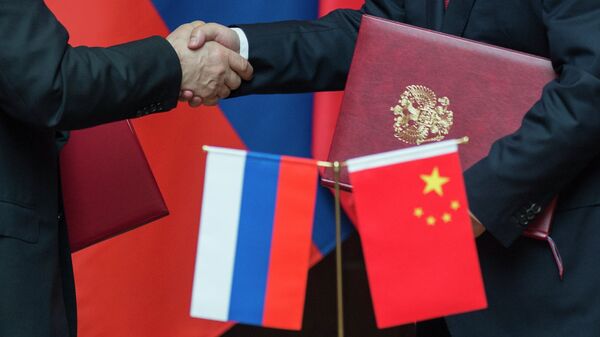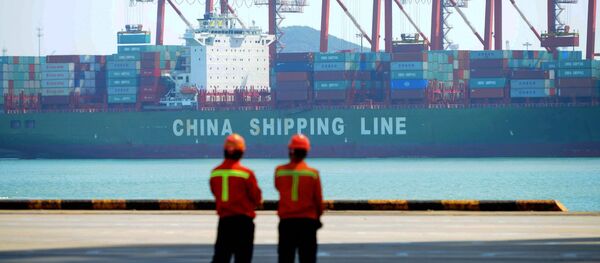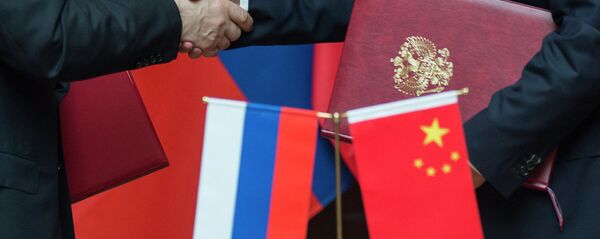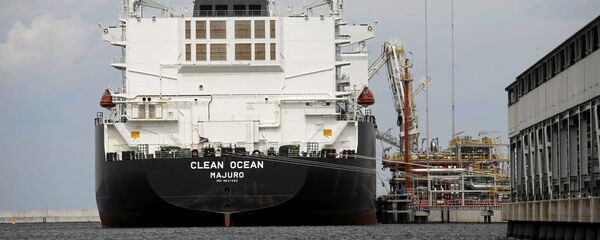As a major consumer of energy products, China buys oil and liquefied natural gas (LNG) and Russia is a major supplier of those products, so a tie-up between the two countries will help establish secure energy relations, Denisov said during the conference held in Beijing.
Bilateral trade volume surpassed $97 billion from January to November, an increase of 28 percent year-on-year. And it will reach and exceed the stated target of $100 billion, the ambassador said.
Since January 1 this year, a second line of the China-Russia oil pipeline began operating, with a total volume of 30 million tons per year.
China and Russia are being pushed toward an energy partnership by economic factors, as Russia is a resource behemoth and China has seen its energy consumption rapidly surge in recent years. "Enhancing this partnership with China is a long-term strategy for the Russian government," Li Li, director of research at the Shanghai-based research and consulting firm ICIS China, told the Global Times.
"This tie-up has been market-driven, as Russian and Chinese energy firms have seen business booming as the supply met the demand," she said.
READ MORE: Russia Calling the Shots in Chinese Energy Market Due to Trump's Trade War
Other milestone projects in their energy links include Novatek's Arctic LNG project. The third phase has been finalized with a total capacity of 16.5 million tons.
In summer 2018, the first LNG shipment was made from the Russian port of Sabetta, home to the Yamal LNG project in the Russian Arctic, to the Chinese port of Rudong in East China's Jiangsu Province, according to media reports.
China and Russia have been settling bilateral trade in the yuan and ruble, but about 15 percent of the trade settled in the currencies was in sectors such as agriculture and machinery, Denisov noted. "We hope this payment mechanism can be extended to other industries, for example, the energy sector," he said.
This article originally appeared on the Global Times website.





